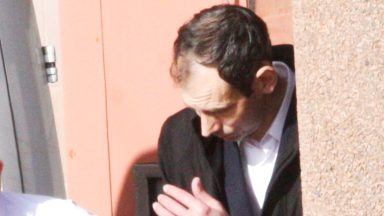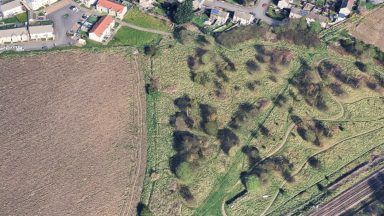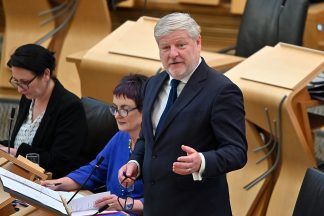Late one night in Strasbourg after a long dinner and a debate that crackled with disagreement, I retired to bed. I had spent the evening with Winnie Ewing and we had agreed to differ on the circumstances that led to the SNPs non participation in the 1989 Constitutional Convention.
The following day Madame Ecosse caught my eye and purposefully made her way towards me. Round two coming up, I thought.
“Ah, Bernard, thoroughly enjoyed last night,” she said.
As she left she pressed a gift into my hand. It was a sign that the MEP for Highlands and Islands enjoyed the political craic but also that she did not bear grudges, at least as far as this journalist was concerned.
In that dinner the previous evening a number of Ewing’s characteristics were on show. She was charming when inquiring how you were doing. She was gracious in taking care of you, even though it was supposed to be the other way round. She was feisty in argument and utterly passionate whenever the Scottish national interest came up in conversation.
Back then the SNP were beginning to scratch at Labour’s electoral base and had started the journey of ‘owning up’ as Alex Salmond would put it, to a political identity. Ewing was central to the modern SNPs development having been elected as their second but most significant MP when she captured Hamilton at a by election in 1967. It was a false dawn as was the more profound electoral breakthrough at the two General Elections of 1974. By then Ewing’s campaigning reputation was cemented unseating the Scottish Secretary Gordon Campbell that year in Moray and Nairn.

The 1974-79 Parliament was momentous as first Harold Wilson then James Callaghan attempted to legislate not once but twice for a Scottish Assembly with limited powers. The gerrymander of the 40% rule torpedoed Home Rule hopes in 1979 and the SNPs 11 MPs voted to kick Labour out of office, finding a willing ally in one Margaret Thatcher.
At the ensuing General Election the SNP were routed and Thatcher’s victory would ensure that the Scottish Question was buried for the best part of two decades. A period of introspection and division followed in Nationalist ranks and Ewing was tribal in her opposition to Leftists including Salmond, Jim Sillars and Kenny MacAskill as they tried to get the SNP to embrace the trinity of socialism, nationalism and republicanism.
Back then journalists had a tendency to analyse SNP politicians through the prism of fundamentalists (independence nothing less) and gradualists (devolution as a stepping stone to independence is fine). Ewing was in the former camp and she was highly critical of the Left Wing 79 Group for introducing factionalism whilst not being averse herself to organising against them. Personal relationships within the SNP fell apart at this point and it took years for many to recover. She was disliked by many on the Left of the Party at this time.
She won the Highlands and Islands Euro seat in 1979 defeating the favourite, Scottish Liberal Leader Russell Johnston. So confident was Johnston of going to Strasbourg and Brussels that he asked Ewing at one hustings, ‘What will you be doing after polling day?’ Johnston remained at Westminster, Ewing headed for Europe and the legend that became Madame Ecosse was born.

She was remorseless in her promotion of what she saw as the Scottish national interest and was popular with farmers and fishermen. She made allies in the European Parliament as diverse as John Hume and the Rev Ian Paisley. She played hard but also partied hard in the agreeable salons of the Euro circuit. One MEP told me she was affectionately known as ‘Madame Whisky a go-go’.
It was inevitable that she would go to Holyrood and uttered the first words of Scotland’s reconvened Parliament when it opened in 1999. By that time she was very much the elder stateswoman, loved by her own side, respected by others but very much taking a back seat, conscious perhaps that her best days were behind her.
When she stood down from the Scottish Parliament she remained active in the SNP until failing health and a diminished memory incapacitated her. A couple of her friends who visited her latterly in a nursing home said that although a shadow of the Winnie of old, there was still a flicker of mischief and of the old charm that made her formidable in her prime.
That flicker started all those years ago in Hamilton and for today’s Nationalists’ represents an eternal flame.
Follow STV News on WhatsApp
Scan the QR code on your mobile device for all the latest news from around the country





























